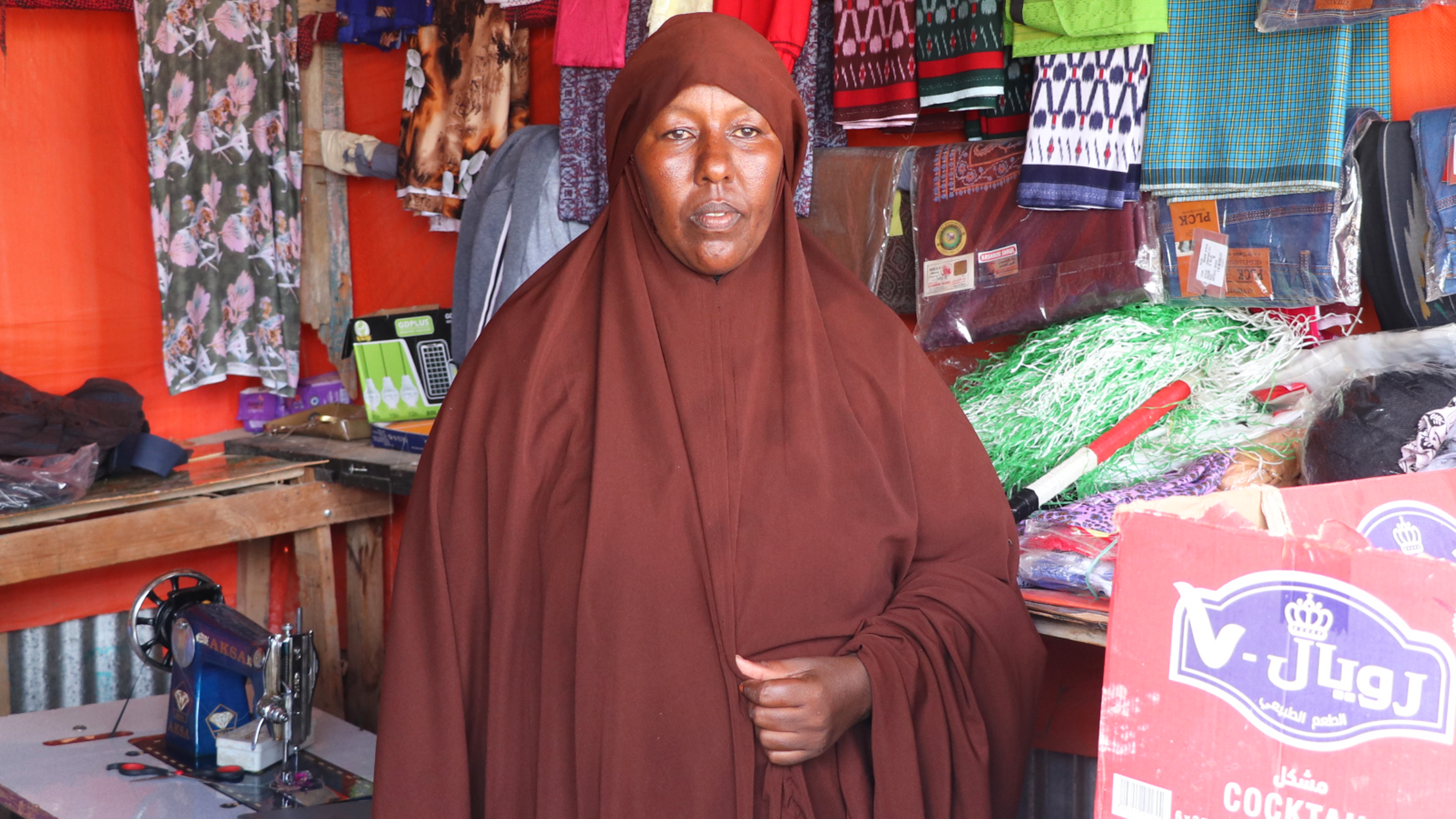Financial innovation and resource mobilization in Somalia
 © ADRA
© ADRAWhat is the challenge?
The financial challenges faced by impoverished communities in Somalia are deeply rooted in the long-standing and intricate Somali humanitarian crisis. This crisis stands as one of the world's most challenging and protracted emergencies. Factors underpinning the crisis have collectively brought hardship to the livelihoods of the Somali people and exacerbated the detrimental impacts of recurring natural disasters, such as droughts and floods.
The project's specific focus is on assisting the last-mile communities, who, due to recurring droughts and impediments to remittance inflows, have become heavily reliant on humanitarian aid. It is crucial to note that remittances play a vital role in the Somali economy, accounting for an estimated 27.3% of the GDP, surpassing foreign aid and foreign direct investment, and amounts to approximately $1.74 billion in annual remittances. However, the advent of the COVID-19 pandemic has led to a significant concern of a potential deep decline, of up to 40% in some areas, in remittances to Somalia.
Since the collapse of the central government in 1991, Somalis have been compelled to seek innovative solutions to the multifaceted challenges they face. They've particularly exerted a global influence in the realm of money transfers. This project will explore ways to leverage the financial resources within the Somali diaspora to complement and bolster both humanitarian and developmental initiatives within Somalia. By doing so, the project aims to reduce Somali’s dependence on foreign aid while simultaneously accelerating progress towards achieving the Sustainable Development Goals.
What is innovative about the project?
The innovative dimension of the project lies in the innovation approach of the Somali Response Innovation Lab (SomRIL) within Somalia's fragile humanitarian context. This innovation will revolve around the exploration of sustainable business models that pertain to innovative financing and the enhancement of access to alternative financing options for the target populations in Baidoa.
What sets this project apart is the utilisation of a community-led and ecosystem-driven co-creation process, harnessing design thinking methodologies developed by the SomRIL. This approach builds upon the existing local humanitarian engagement of ADRA, resulting in a unique yet profoundly impactful innovation process. Within this framework, the project will draw upon SomRIL's approach to humanitarian innovation, characterized by its four pillars of innovation, namely: convening, matchmaking, co-creation, and the generation of compelling evidence.
This approach begins with the identification of the problem at hand and subsequently involves the collaborative ideation of community-led solutions. The project will then proceed to pilot selected ideas originating from local innovators. A pivotal aspect of this innovative approach is the development of evidence, which will be effectively disseminated to the broader humanitarian community. This dissemination will be facilitated through mediums such as case-study videos, learning briefs, and the sharing of best practices, rendering the entire project process not only innovative but also inclusive and sustainable.
What are the expected outcomes?
The project's primary objective is to bolster local capacity, particularly in the context of crafting economic opportunities. In terms of economic impact, the project will focus on co-creating innovative financial instruments for vulnerable women and their children. This approach will place local innovators in the driver's seat, allowing them to not only pilot their ideas but also establish a sustainable financial model capable of scaling beyond the proposed intervention areas.
The project envisages to support female-headed households that rely on remittances and are vulnerable to food insecurity. Furthermore, by expanding access to innovative financing instruments such as community-led crowdfunding platforms, the project aims to empower targeted beneficiaries by leveraging the vibrant Somali start-up ecosystem to secure increased funding for their livelihood pursuits, ultimately reducing their reliance on humanitarian aid.
The solutions and products arising from the project are envisioned to be scalable across various regions of Somalia and throughout the broader East African Region. The expected technological innovations arising from the project will also be shared with the extensive partnership networks of both ADRA and World Vision.
Who are the project partners?
The project is a collaboration between Adventist Development and Relief Agency (ADRA) and World Vision, more specifically the Somali Response Innovation Lab (SomRIL) which is hosted under the Somali Resilience Program (SomReP), a consortium of eight NGOs (ADRA, World Vision, Oxfam, DRC, CARE, Action Against Hunger, COOPI and Shaqodoon).
The Response Innovation Lab (RIL) is a global collaborative innovation platform whose founding members include World Vision, Save the Children, Oxfam, Civic and George Washington University.